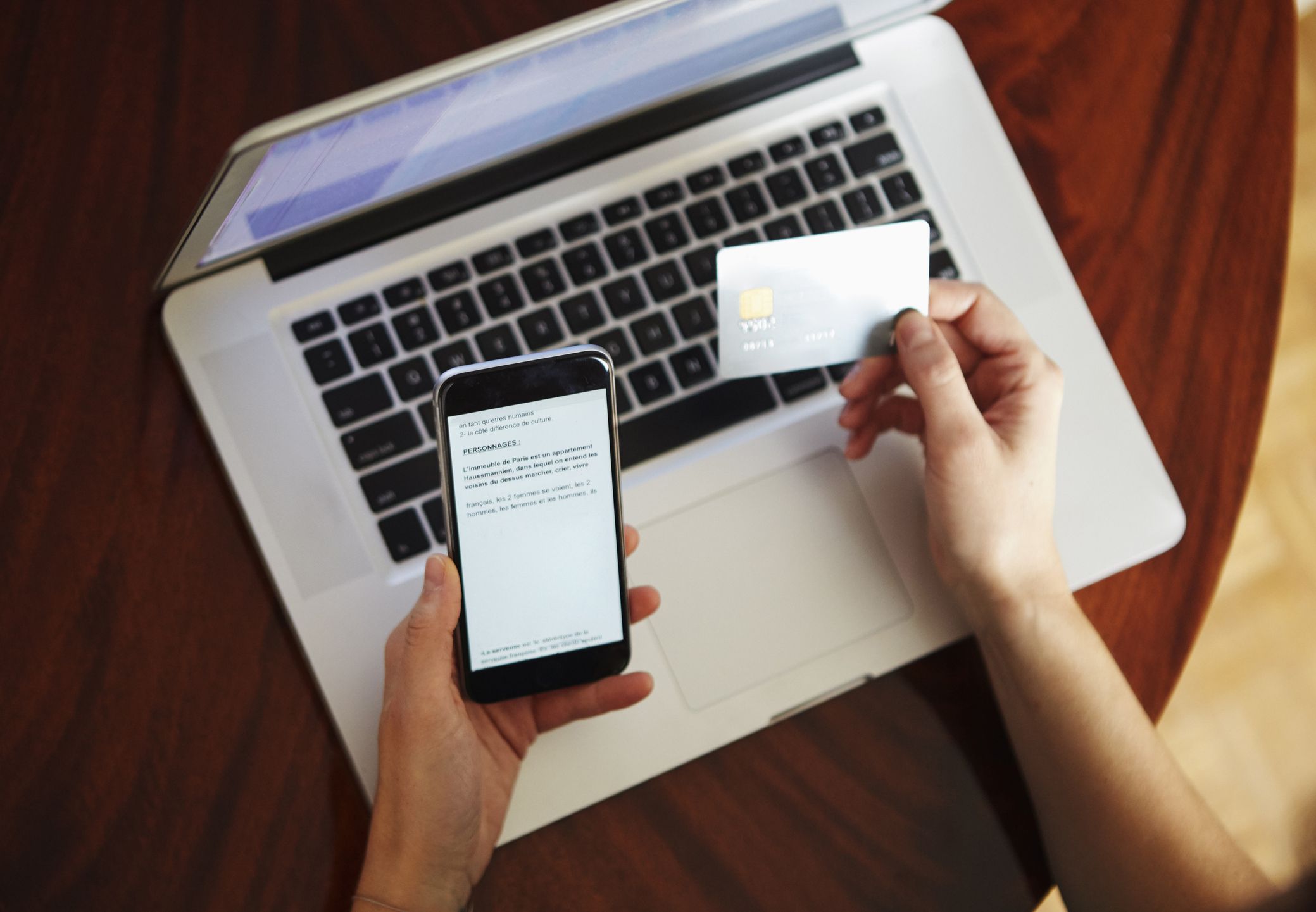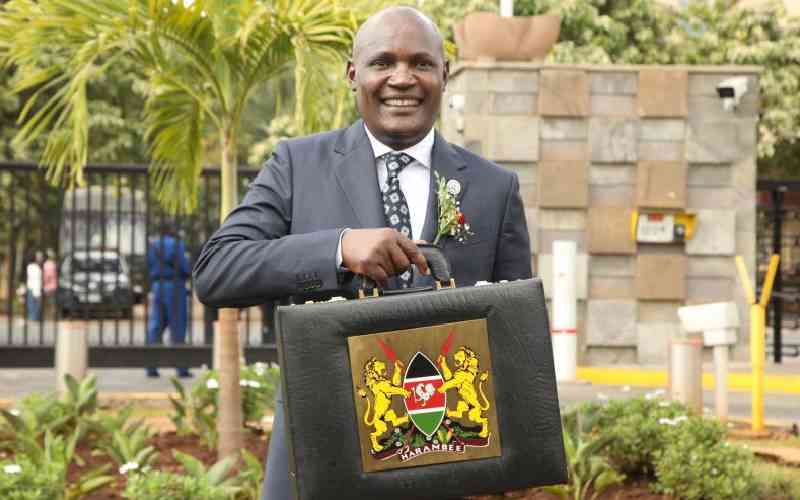×
The Standard e-Paper
Fearless, Trusted News

More than two thirds of adults now manage their bank accounts online - a number that's risen by almost 50 per cent since last year, as the shift to digital continues to surge.







